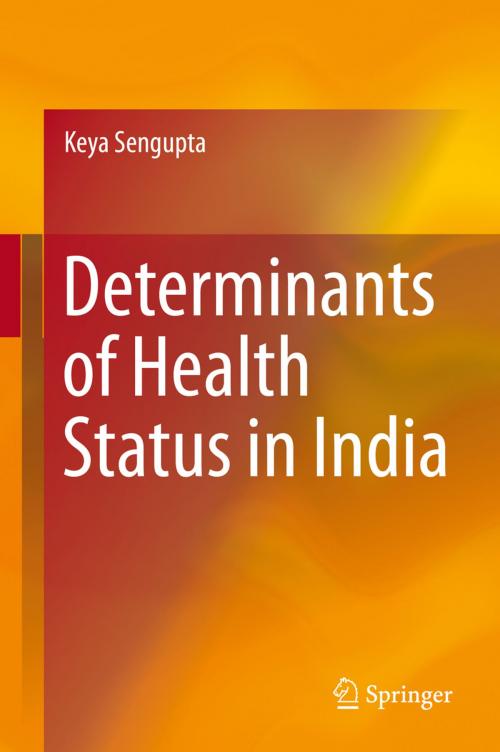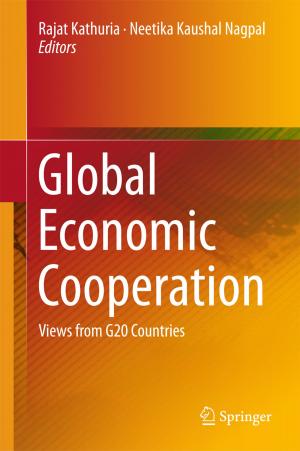Determinants of Health Status in India
Nonfiction, Health & Well Being, Medical, Reference, Administration, Business & Finance, Economics| Author: | Keya Sengupta | ISBN: | 9788132225355 |
| Publisher: | Springer India | Publication: | October 13, 2015 |
| Imprint: | Springer | Language: | English |
| Author: | Keya Sengupta |
| ISBN: | 9788132225355 |
| Publisher: | Springer India |
| Publication: | October 13, 2015 |
| Imprint: | Springer |
| Language: | English |
The book comprehensively discusses the various determinants shaping the health sector in India. Based on intensive research, it quantitatively identifies the determinants of health status in India within a macroeconomic framework, taking both the demand and the supply side into consideration. The book also discusses the various economic tools of analysis for understanding the challenges facing the health sector and explains why policy makers should refrain from applying uniform health policies in the urban and the rural sectors: uniform health policies for the urban and the rural sector cannot be expected to yield uniform outcomes, since the two sectors are characterized by two sets of entirely different challenges. The book further examines health challenges and their determinants separately for India’s rural and urban sector. The work also draws attention to the fact that, though finance is extremely important for better health outcomes, how the funds allocated to the health sector are utilised is even more critical. Highlighting the role of health management in this regard, the book provides an in-depth analysis of its role in achieving expected health outcomes, which it claims should constitute a pivotal part of India’s health policies.
The book comprehensively discusses the various determinants shaping the health sector in India. Based on intensive research, it quantitatively identifies the determinants of health status in India within a macroeconomic framework, taking both the demand and the supply side into consideration. The book also discusses the various economic tools of analysis for understanding the challenges facing the health sector and explains why policy makers should refrain from applying uniform health policies in the urban and the rural sectors: uniform health policies for the urban and the rural sector cannot be expected to yield uniform outcomes, since the two sectors are characterized by two sets of entirely different challenges. The book further examines health challenges and their determinants separately for India’s rural and urban sector. The work also draws attention to the fact that, though finance is extremely important for better health outcomes, how the funds allocated to the health sector are utilised is even more critical. Highlighting the role of health management in this regard, the book provides an in-depth analysis of its role in achieving expected health outcomes, which it claims should constitute a pivotal part of India’s health policies.















